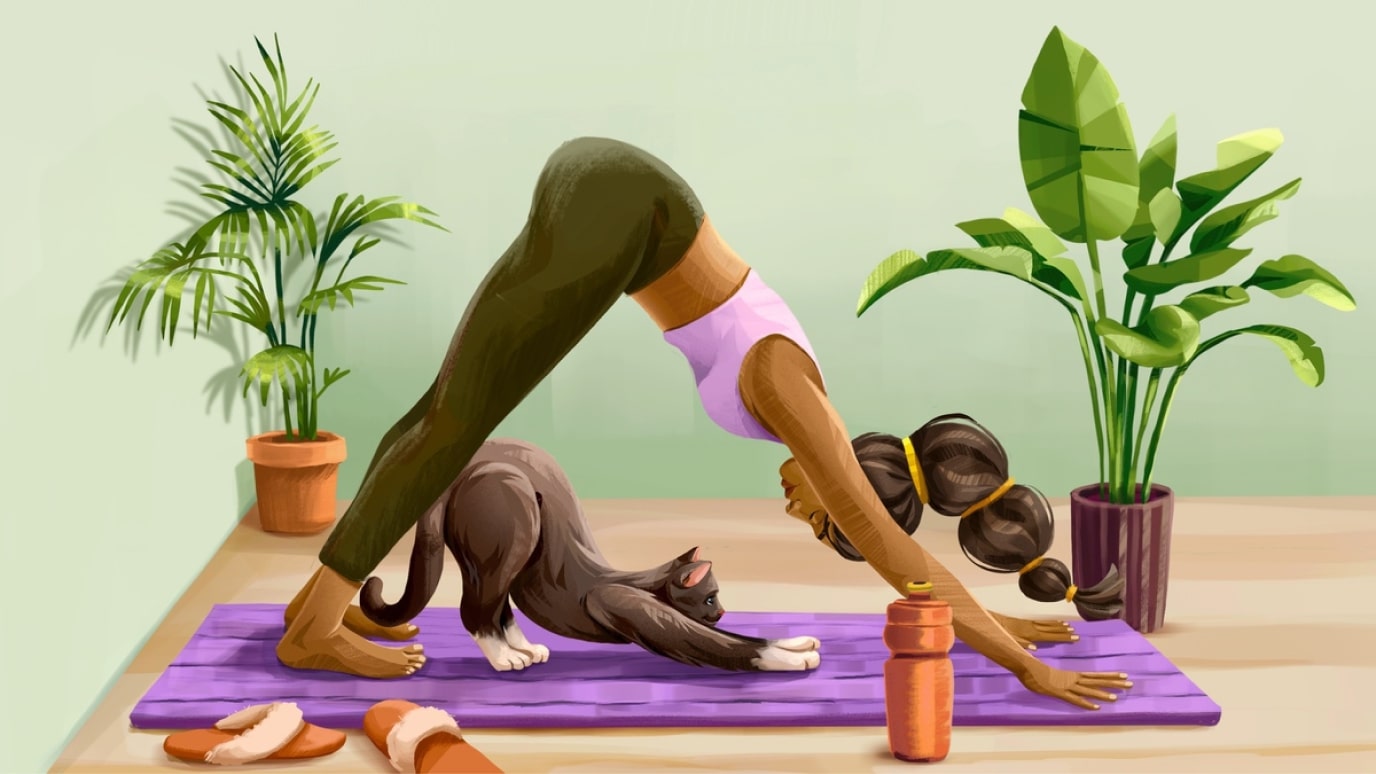Berthold U.
You may find it useful to record your reflections as well as try shorter meditations throughout the day. You may notice a pattern, which over time, may be helpful in appreciating the effects of your practice. And practice is the key word. So try shorter more frequent meditations of 3 minutes and gradual increase. This helps to lay down changes in your brain which establish the foundation for your meditative practice
Agnieszka Z.
I have a Mediation routine when I don't have guidance. I focus on breathing then a body scan and finally focusing on one point on my hands where they both touch when they are clasped together.
Benjamin B.
It happens to me sometimes as well. What I usually do is advise myself to enjoy it and focus on my breathing and I also like to count while I'm breathing so in for four hold for four and out for four. That usually really focuses me. I hope this is helpful
L Cia Q.
A good starting tip to do meditation on your own is to focus on your breathing for x amount of time. All mindfulness starts with the breath. If you get bored, return to your breath.
Fadime X.
It gets away with practice. You have to sit, and just meditate. Be aware of the tension that is creating in you while you get tired. Try to localise its source and see how it affects your body. Do your muscles contract? Do you start to have some kind of thoughts? That can be meditation by it self
Elma P.
Dont give in to your impulse decisions, check out the child and the sage meditation to really find the push you need to underdtand your own mindset. Good luck!
Roland B.
This is natural when you are meditating. You need to acknowledge it and go back to focusing on your breath. You could also say a few words of encouragement to bring your focus back
H L Na C.
Do'nt do nothing. Review your meditation technique and do only the technique. Set a timer and say to yourself this is my time to meditate, I will not check the time, but just do the technique until the timer goes off. Meditation is not doing nothing; that is a kinda of metaphor. You need to decide on a refulation technique.
Soham F.
Sitting unguided can bring up a lot of neutral feelings, like boredom, which can quickly then unpleasant (which we all instinctively want to avoid). Can you invite in some curiosity into moments of boredom? Consider bringing it back to your senses—what you hear or feel. Anytime you get into moments of resistance and then come back to the present moment, celebrate! Minds wander and we stimulate them all day. Sitting and silence will feel uncomfortable, but just like strengthening our muscles, our minds will eventually learn how to rest more some days.
Beth I.
I just close my eyes and focus on my breathing. Long slow inhales and long slow exhales. Very relaxing. Hope this helps. Onwards and upwards…. 💜👣🌸
Nicky F.
Personally, I like to meditate with some soft instrumental music. It gives me a little something to attend to and blocks out some outside noises.
